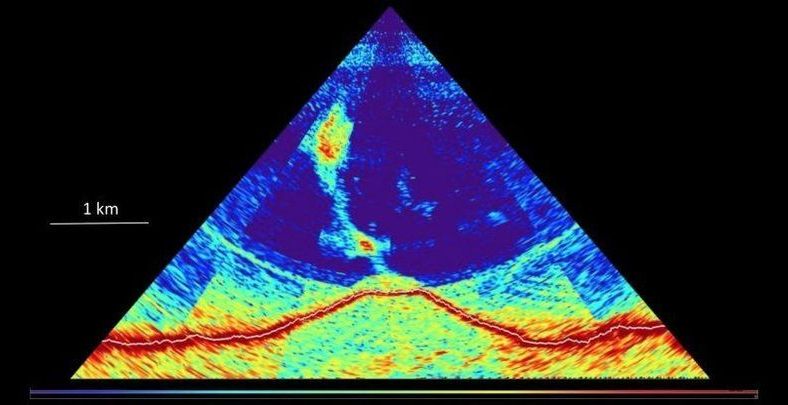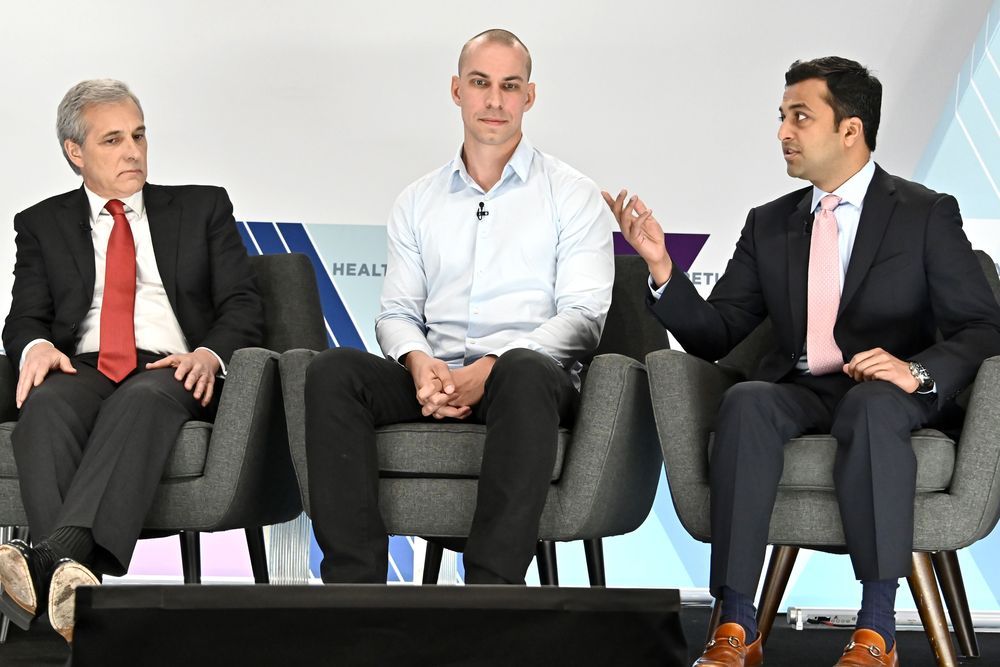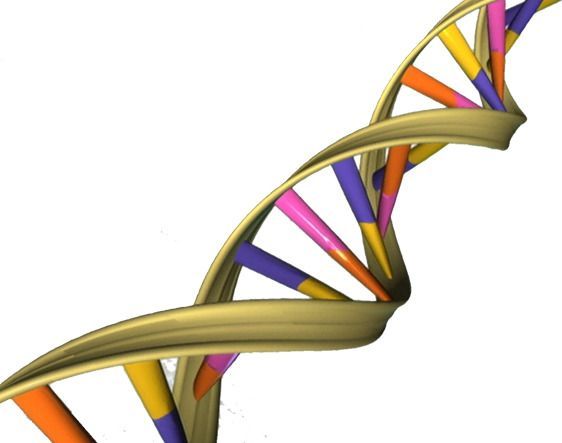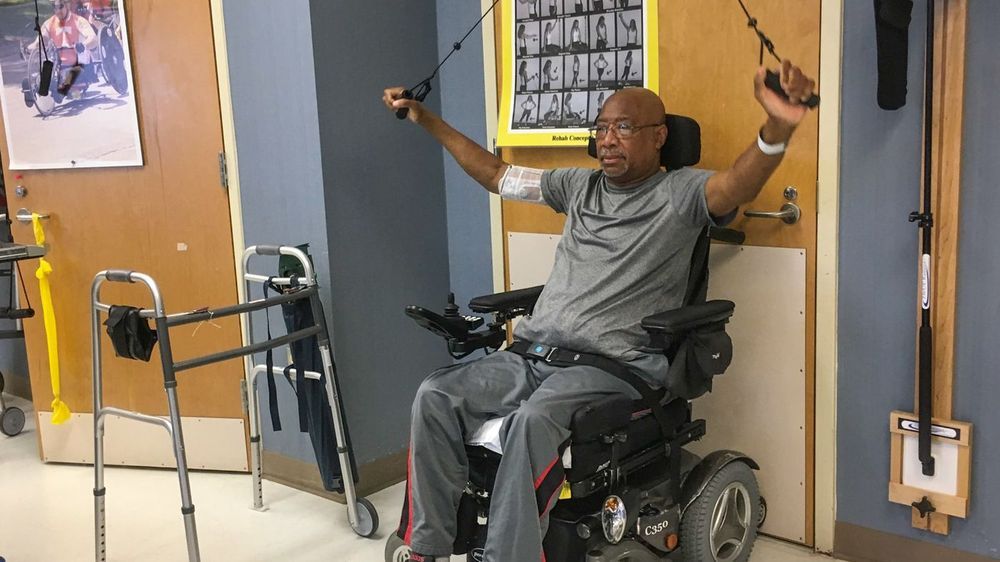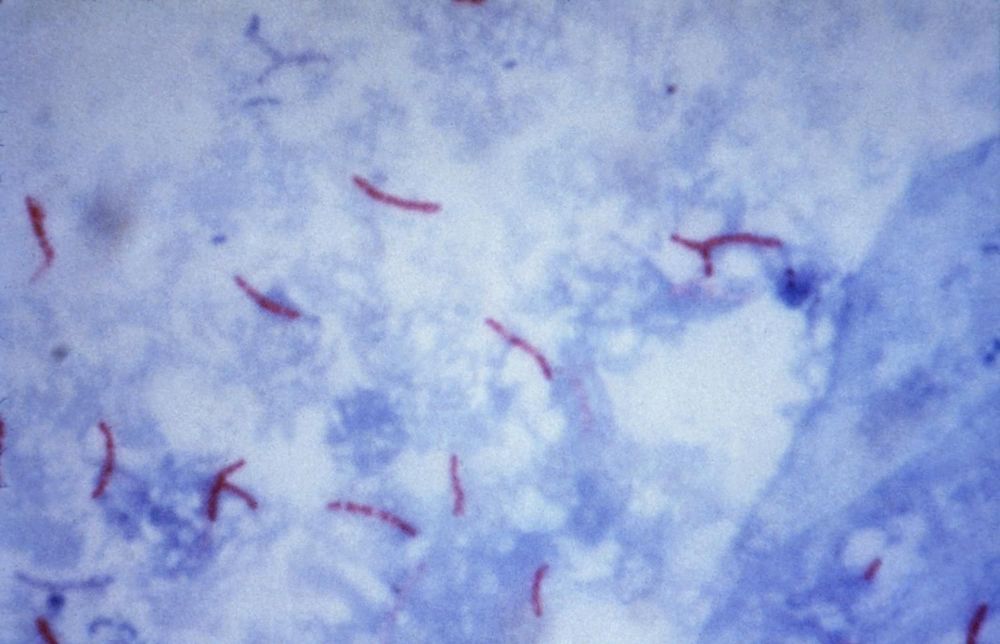May 22, 2019
Stunning Sonar Image Just Revealed Largest Underwater Volcano Eruption Ever Detected
Posted by Quinn Sena in category: futurism
In November last year, geologists announced they’d picked up something really weird: a huge seismic event originating in the island of Mayotte in the Indian Ocean, felt all across the globe, source unknown. A few months later, scientists used modelling to produce an answer — hypothesising a giant underwater volcanic eruption.
And now it seems that is pretty likely to be the case. Scientists travelled out to where they think the swarm’s epicentre is located, and they found a large active volcano, rising 800 metres (2,624 feet) from the seafloor, and sprawling up to 5 kilometres (3.1 miles) across.
A large active volcano that wasn’t there six months prior.
